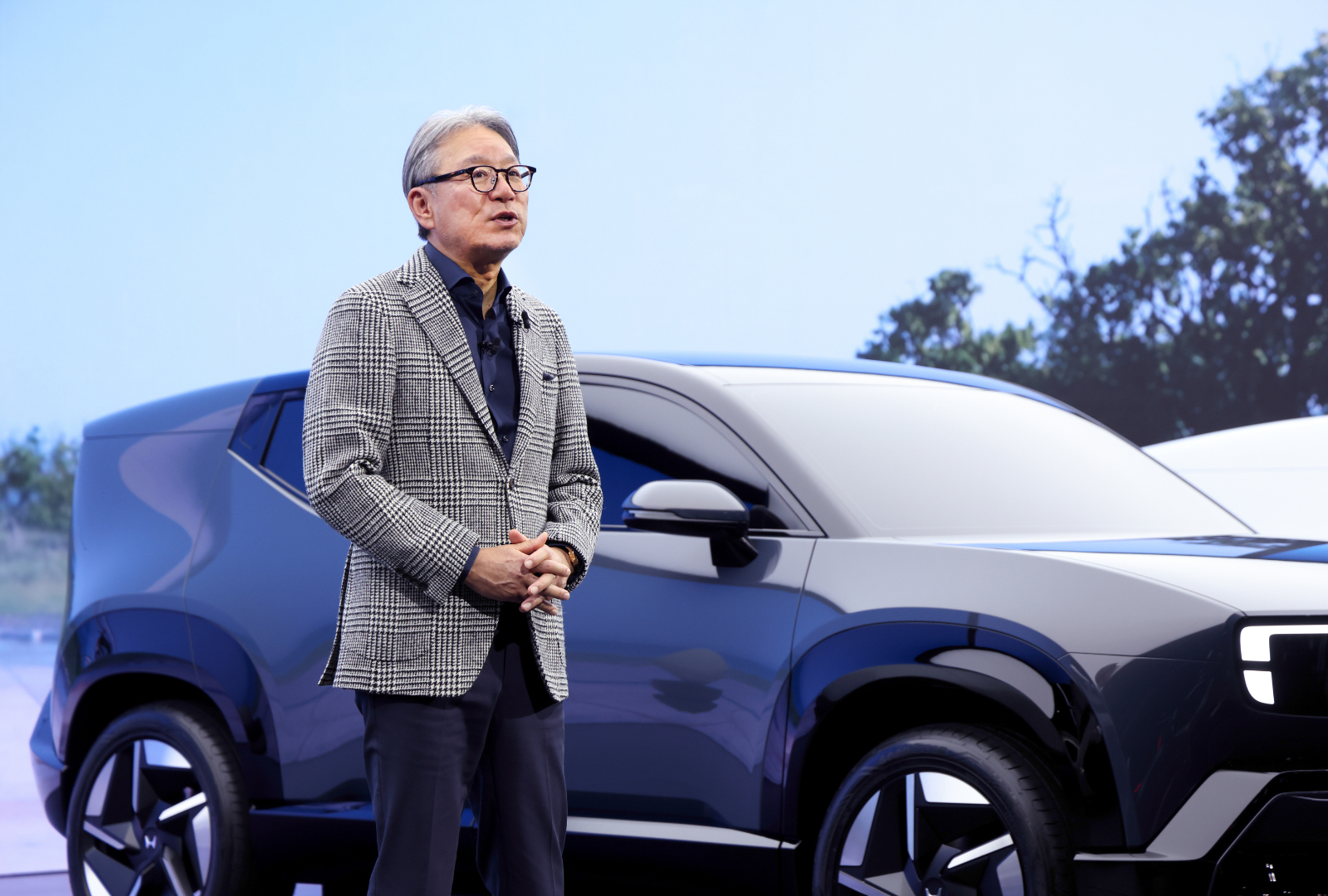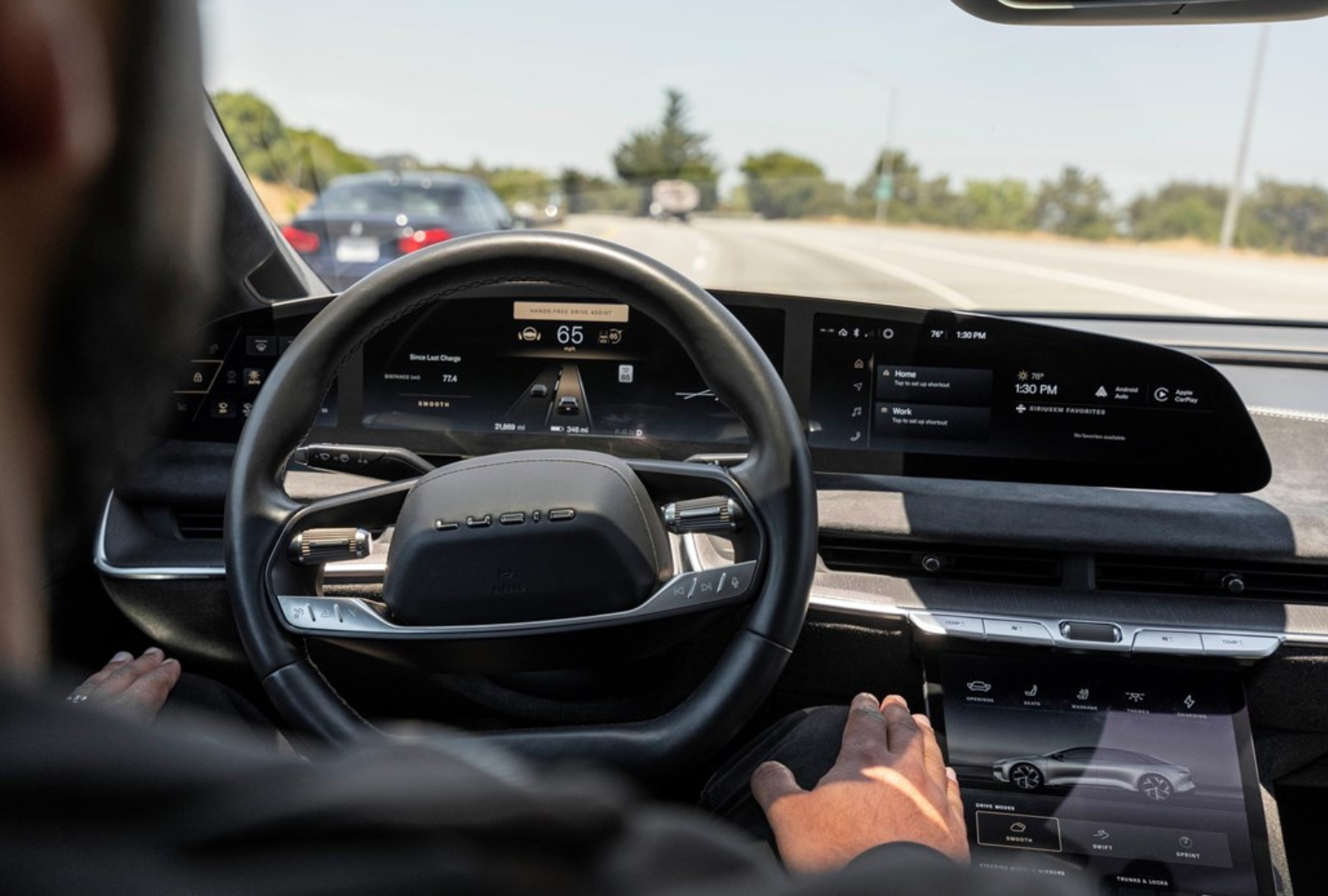Automakers are focused on greening their industry, from tailpipes to manufacturing and supply chain sourcing. Some are going further, investing in solutions to make the production and lifecycle of manufacturing equipment and vehicles more sustainable beyond what regulation requires.
The Honda Resource Circularity Center focuses on recycling and repurposing tools, equipment and other items used during the production of vehicles. The Center lists torque wrenches, industrial robots, office chairs and aluminum wheels among the items it has handled. It's all in a bid to divert waste from landfills and lower the company's reliance on virgin raw materials.
"As Honda transitions to EV production, one of the company's major goals is to convert end-of-life products into raw materials that can be reused in our supply chain," Matt Daniel, director of procurement sustainability at American Honda Motor Co., Inc., told Newsweek. "In the future, we envision the new Resource Circularity Center playing a role in contributing some of those raw materials. For example, we aim to repurpose the aluminum and steel recovered from disassembling our industrial motors and robots, feeding that recycled content back into our supply chains to help build new vehicles."
The recycling efforts are part of Honda's larger sustainability commitment. The company aims to have 100-percent carbon-free energy use and create vehicles using only 100-percent sustainable materials.

The company has identified steps on the way toward solidifying that commitment, aiming to have battery-electric and hydrogen fuel cell-electric vehicles represent 100 percent of its sales globally by 2040. In the interim, the company's powersports and power equipment product lineups also will become electrified.
Mercedes-Benz's Ambition 2039 project aims to make the company's entire fleet of new vehicles net carbon neutral across its entire value chain and over the vehicles' entire lifecycle by 2039. The ambitious goal leaves room for carbon offsetting projects to be employed.
By 2026, the luxury automobile company will have invested more than 60 billion euros in an effort to transform its production network toward being more carbon neutral. That figure includes money spent on a partnership with TSR Group GmbH & Co. KG, established to explore the possibilities of urban mining.
The urban mining process relies on vehicles delivered to a harvesting area, within a city, where the TSR Group removes legally classified pollutants and valuable, easily accessible components. Then materials including steel, aluminum, plastic, copper and glass are recovered, sorted and sent to suppliers to create new vehicle parts.
"Decarbonization, recycling, mining is key to us," Markus Schäfer, Member of the Board of Management of Mercedes‑Benz Group AG, Chief Technology Officer, Development & Procurement, told Newsweek at IAA Mobility. "We are working hard on reducing our carbon footprints."
Schäfer said that the company is "intensifying" its activities surrounding decarbonization and recycling, especially in Europe, which is not as rich as some areas in critical and raw materials. "There's so many opportunities, and there are so many partners willing to enter into partnerships and figure out what is the best use of waste material, or to, early in a design phase, already think about recycling and reusing of material and partner with somebody," he said.
According to Redwood Materials, a company focused on recycling battery components in electrified vehicles, there are more than 9,000 auto recyclers and dismantlers in the U.S. The batteries inside hybrid and battery-electric vehicles contain lithium, nickel and cobalt that can be recovered and reused.






















